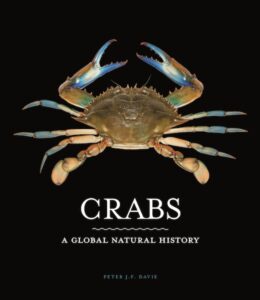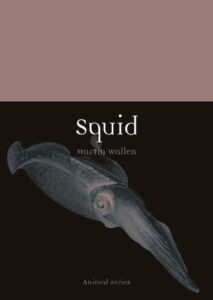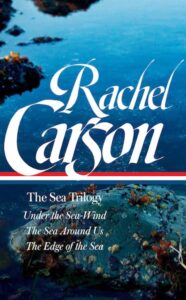For as long as I can recall, my family’s celebration of the Christmas / Yule holidays has involved certain foods. Most of these are traditional old country creations, recipes that have been handed down from generation to generation. However one delicacy was added as the result of the north Oregon coast location in which my grandfather settled when arriving from Finland: crab. And not just any crab – Dungeness Crab (Metacarcinus magister / Cancer magister).




